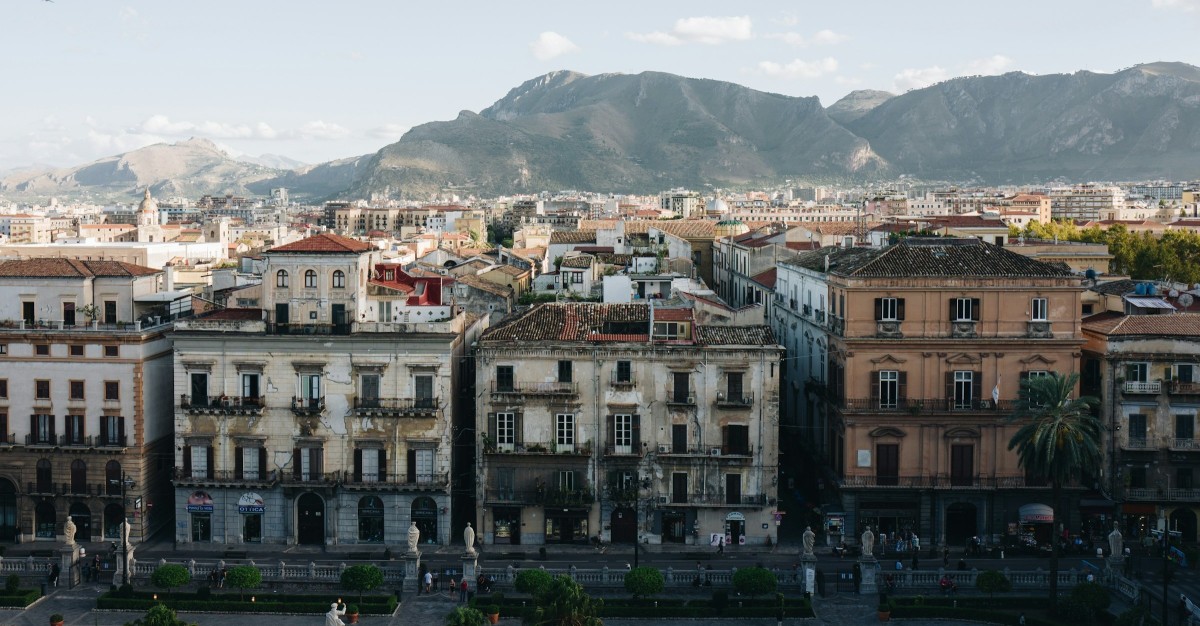
For many foreigners, the idea of owning a home in Italy is a dream, with a sunlit terrace in Tuscany, a quiet stone house in Umbria, or a seaside escape in Sicily, sounding like heaven.
While the dream is real, so are the practicalities. Buying real estate in Italy can be rewarding, yet it comes with complex regulations, high transaction costs, and bureaucratic hurdles that every buyer will need to navigate.
If you’re thinking about buying property in Italy, this guide walks through the pros, cons, and everything you should consider before taking the plunge.
Why buying a home in Italy appeals to foreigners
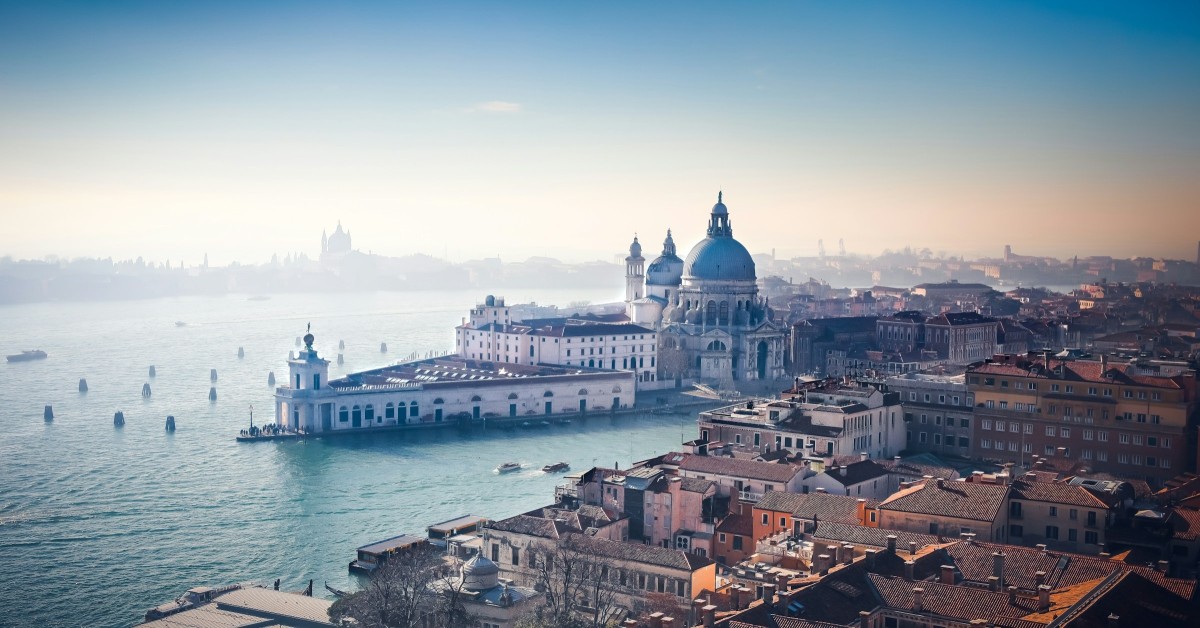
Italy’s property market has long been a magnet for international buyers. From retirees to digital nomads and investors, there are plenty of draws that make Italy ideal for relocation.
Attractive prices and long-term value
Compared with many Western European countries, Italy offers strong value for money, especially outside major cities. You can find character homes in smaller towns for a fraction of what you’d pay in France or Spain. Even in regions like Tuscany or Puglia, rural homes often remain affordable.
Some local councils have launched “€1 house” schemes, selling abandoned homes for symbolic prices to revitalise villages. While these make headlines, they usually require significant renovation and compliance with restoration deadlines, something worth factoring into your budget.
Favourable tax regimes for new residents
Italy offers various tax incentives to attract foreign investors and new residents. The flat tax allows eligible newcomers to pay a fixed annual sum on foreign income, while some regions offer property tax reductions for first-time or permanent residents.
Lifestyle and emotional value
Beyond financial considerations, the lifestyle is one of Italy’s strongest selling points. Buying a home here offers access to rich culture, history, cuisine, and year-round outdoor living. For many buyers, restoring an old farmhouse or townhouse is a passion project as much as an investment.
What makes buying real estate in Italy challenging
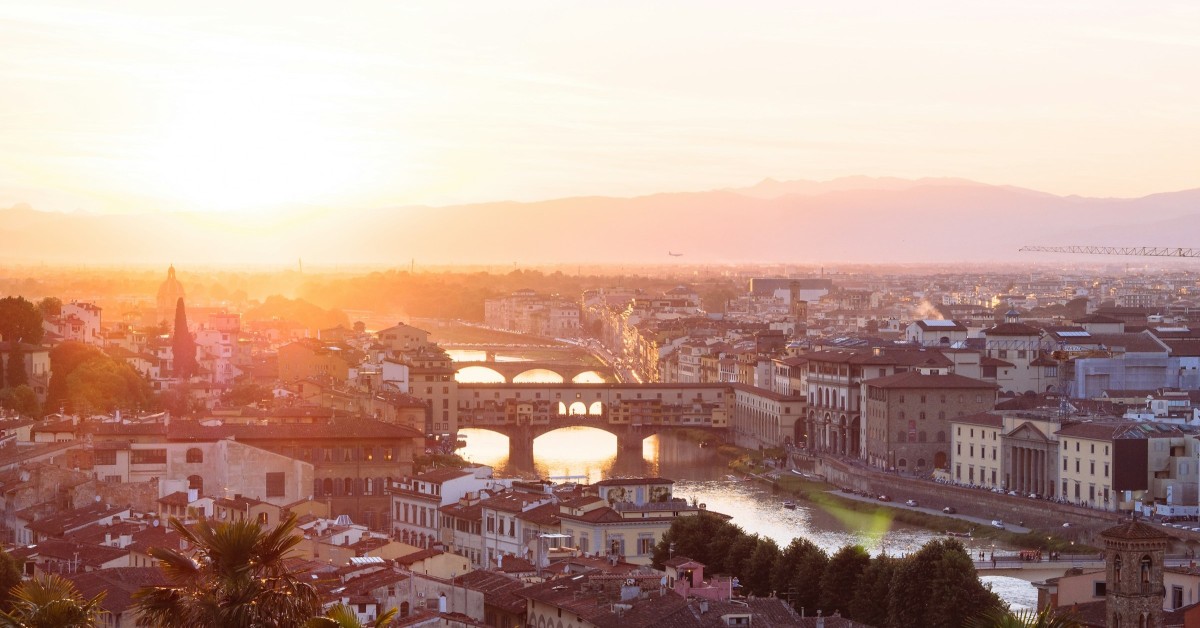
Despite its appeal, buying property in Italy can be complex. Foreigners are often caught off guard by the country’s bureaucracy and legal nuances.
Complicated legal and bureaucratic process
The purchase process involves several stages, including preliminary agreements, deposit payments, notarial checks, and title registration. Each step must comply with Italian property law, and the paperwork is entirely in Italian.
Miscommunication or missing documents can delay the process or create costly complications. To avoid these pitfalls, it’s essential to hire an independent notary (notaio) and a bilingual lawyer familiar with buying property in Italy as a foreigner.
High transaction costs and ongoing expenses
While property prices can be low, the total cost of buying a house in Italy is often underestimated. Buyers should budget an additional 7–10% of the purchase price for taxes, notary fees, legal services, and agency commissions.
Resale and liquidity issues
Unlike in fast-moving markets such as London or Paris, selling property in rural Italy can be slow. In some small towns, demand is limited, and homes can remain on the market for years.
It’s important to view an Italian property as a long-term lifestyle investment rather than a short-term financial gain.
Common misconceptions about buying a house in Italy
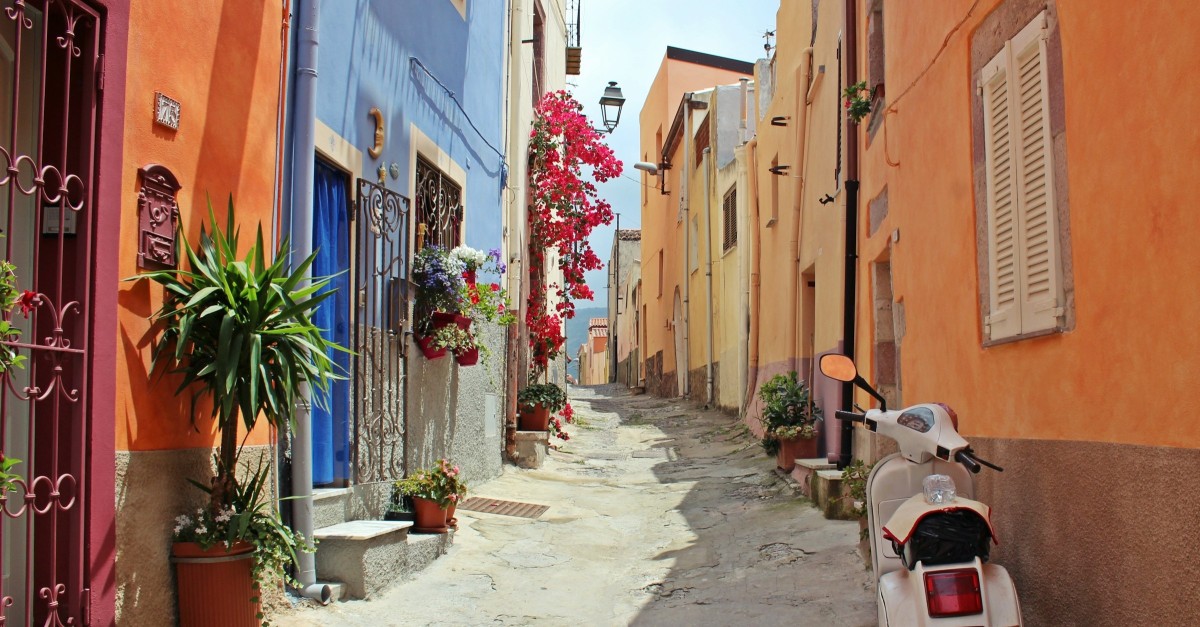
“Buying a property in Italy gives me citizenship.”
Owning real estate in Italy does not provide any automatic right to residency, visas, or citizenship. To live in Italy long-term, you must apply for a residence permit or visa.
Citizenship is only available through legal residence (usually after ten years), marriage to an Italian citizen, or ancestry.
“Property is cheap everywhere in Italy.”
While it’s true that some homes in remote areas are inexpensive, prices in major cities like Milan, Florence, or Rome are comparable to other Western capitals.
“It’s easy to buy and renovate a rural home.”
The charm of a rustic Italian home can be irresistible, but rural renovations require patience. You’ll need local permits, planning approvals, and certified contractors, all of which take time and money. Many towns also have strict rules for preserving architectural heritage.
Practical advice for foreign buyers
Understand reciprocity and legal rights
Foreign buyers, including British and American citizens, can purchase property in Italy under reciprocity agreements. This means you can buy, own, and sell property just like an Italian citizen, provided your country offers Italians the same rights.
Get the right legal support
Because Italy’s property system is highly regulated, always work with a qualified notary who acts as an impartial legal officer, and an independent lawyer who represents your interests. Together, they’ll ensure the title is clean, taxes are paid, and all building permissions are in order.
Mortgages and financing
Italian banks may lend to foreign buyers, but conditions are often stricter than in the UK or US.
Non-residents usually need a deposit of 30–50%, and interest rates can be higher.
Taxes and ongoing obligations
Owning a home in Italy comes with several taxes:
- IMU – municipal property tax, generally payable on second homes.
- TASI – maintenance and public services tax.
- TARI – waste collection tax.
If you rent out your property, you must declare this income in Italy and possibly in your home country, depending on double taxation treaties.
Living the Italian dream
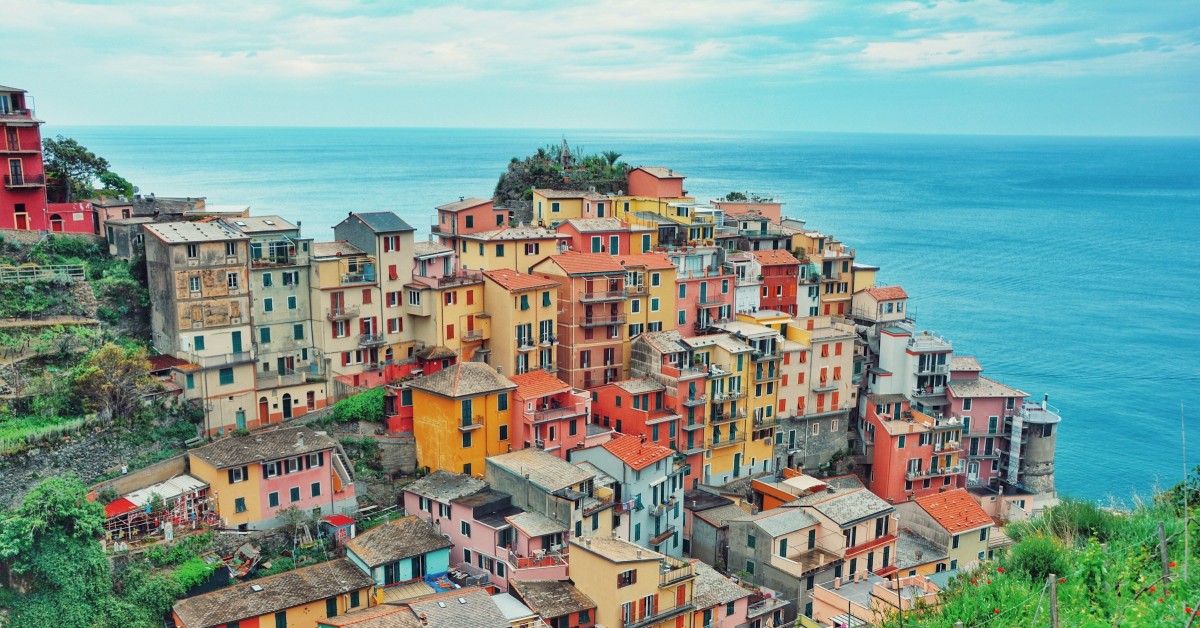
Buying property in Italy isn’t just a financial decision; it’s often an emotional one. Many expats describe the sense of community, slower lifestyle, and connection to history as the most rewarding parts of ownership.
However, patience and adaptability are key. Bureaucracy moves slowly, renovations can take longer than expected, and communication challenges are common. Those who thrive tend to embrace the cultural rhythm and see the process as part of the experience.
Take advantage of Italy's real estate market
Italy’s real estate market has plenty of opportunities for those willing to overcome the hurdles along the way. The pros include affordable homes in certain regions, appealing tax regimes, and a culturally rich lifestyle. The cons centre on red tape, transaction costs, and maintenance challenges.
By approaching the process with realistic expectations and strong professional support, you can enjoy the best of both worlds, a slice of la dolce vita and a sensible, long-term property investment.
